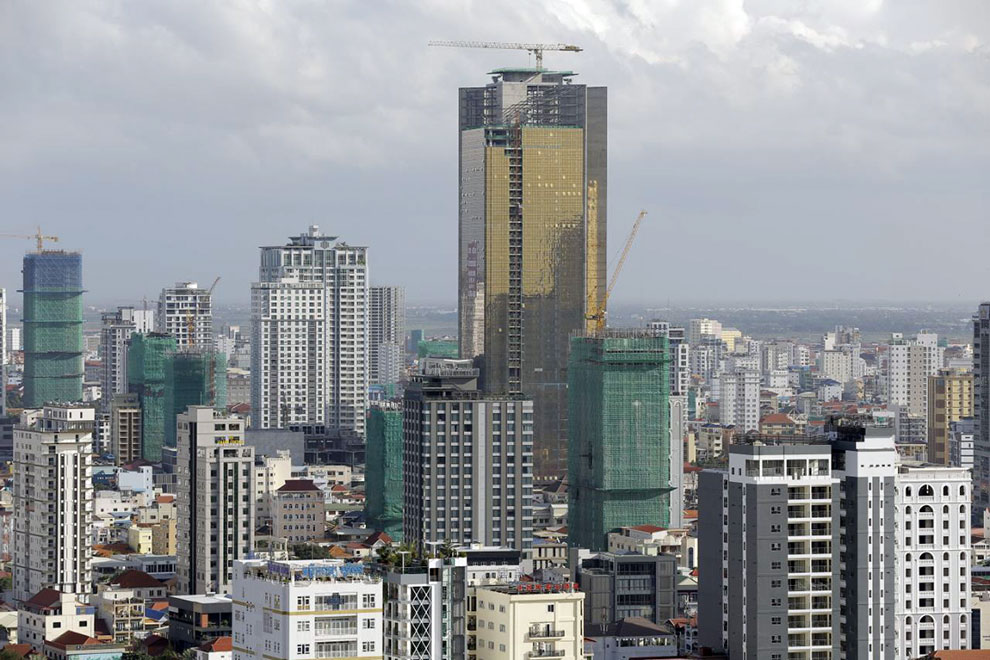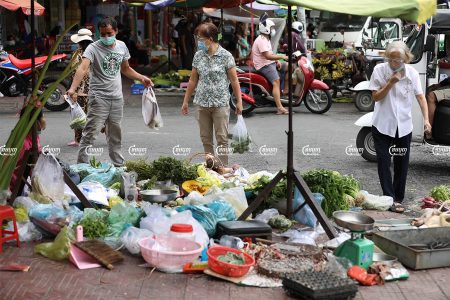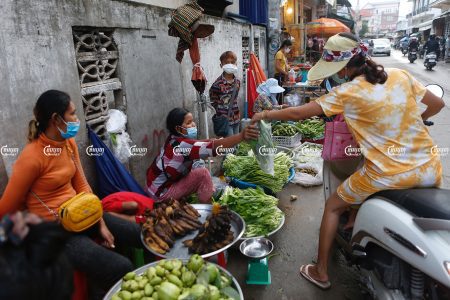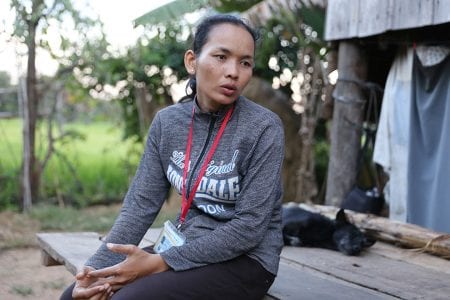The International Monetary Fund (IMF) said that more measures are needed to contain high credit growth in the real estate sector as the country faces uncertainties, including the potential suspension of duty-free trade with Europe over human rights and political concerns.
Jarkko Turunen, the IMF’s mission chief to Cambodia, said in a statement on Oct. 11 after a visit from Sept. 30 that while the economy is expected to grow 7 percent this year, thanks to continued export growth and strong construction, deterioration of external conditions is expected to lead to a slowdown in growth to below 7 percent in 2020.
“Cambodia’s economic outlook is positive, although there are significant downside risks. The on-going Everything but Arms (EBA) review by the EU — Cambodia’s primary export partner — could lead to a suspension of preferential trade access later next year, which could have a large negative impact on near-term economic activity,” Turunen said.
Other risks include slow growth in China as well as vulnerabilities in the financial sector, whose lending is increasingly concentrated in real estate and construction, he said.
The lending has accelerated and is expected to grow around 28 percent in 2019, Turunen said, adding that the lending remains largely unmonitored and unregulated and official data on real-estate prices are not yet available.
“Further policy efforts are needed to address elevated financial sector vulnerabilities. Priority measures include implementation of targeted policies, such as higher risk weights and provisioning requirements for real estate lending as well as introducing a prudent aggregate loan-to-value limit, to address risks associated with the real-estate sector,” he said.
Turunen said to moderate credit growth, consideration should be given to additional macroprudential measures such as gradually raising reserve requirements on foreign currency liabilities.
However, he also cited ongoing reforms as contributing to the country’s development.
“Stable macroeconomic environment, strong growth performance and ongoing structural reforms have contributed to significant progress towards Sustainable Development Goals (SDGs),” Turunen said.
Chea Serey, director general at National Bank of Cambodia, did not respond to a request for comment.











